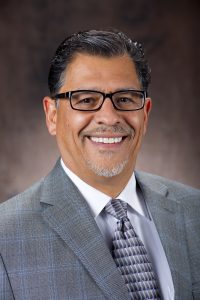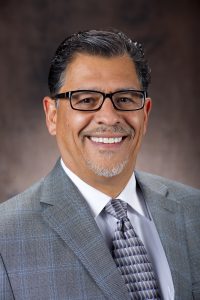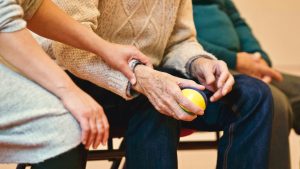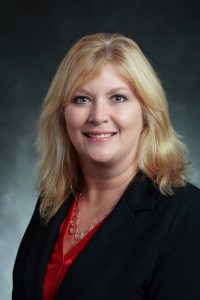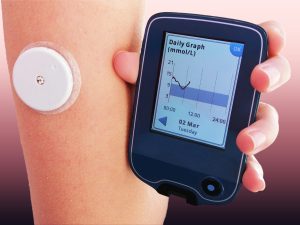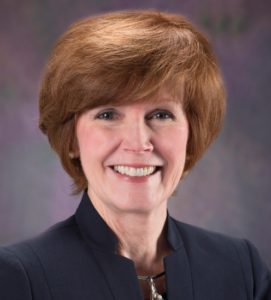“Our team is such a great, cohesive group, all with hearts that care deeply about the patients,” he said.
Press Ganey, the global leader in healthcare experience solutions and services, has awarded the Yavapai Regional Rehabilitation Services team the 2023 Human Experience (HX) Guardian of Excellence Award for its performance in patient experience. The award is part of the company’s annual assessment of the top hospitals and health systems in the country, which ranks more than 41,000 hospitals and healthcare facilities according to safety, quality and experience of care.
Rick Logan, P.T., director of Rehabilitation Services at Yavapai Regional, is honored by the distinction, but not surprised.
“As a physical therapist, and now administratively leading the physical therapy, occupational therapy and speech therapy teams at Yavapai Regional for the past two years, I can honestly say that this team impresses me every day,” he said. “I am constantly in awe with respect for each individual’s contribution. The level of compassionate care, professional and charismatic intervention and unwavering listening skills create a positive atmosphere and strong patient outcomes.”
Members of the team, comprised of licensed physical, occupational, speech and massage therapists, agree that excellence is built one moment at a time. Connecting individually with their patients and creating long-lasting relationships is essential.
“Being a therapist is as much about friendship as it is about treatment,” said physical therapist Rich Tenney. “At Yavapai Regional, we are given the opportunity to work one-on-one with our patients. This enables us to really get to know them personally. It helps us to work together with them as a team to improve their function, and it is key to their recovery. It is such a joy to see how working together makes a difference in their lives from day to day.”
Physical therapist Aaron DeBord points out that the members of the Yavapai Regional physical rehabilitation team have been working for a long time as a close-knit unit, which has created a family atmosphere.
“Our team is such a great, cohesive group, all with hearts that care deeply about the patients,” he said. “It’s a wonderful collection of kind, fun and helpful colleagues. We’re supportive and encouraging to each other, which makes it enjoyable to come to work every day.”
“The breadth of expertise in our clinical family is remarkable, including specialized hand, lymphedema, women’s health, speech, massage, chronic pain, vestibular and postural restoration therapy,” said Tenney. “This breadth of expertise gives us the ability to collaborate to provide our patients the best care possible. However, it is our connection – our caring for each other – that really makes the difference. As we all know, when you love the people you work with, loving your work is more likely to happen.”
Exceptional professionals, a work environment that encourages caring relationships between therapists and patients, and a supportive family of coworkers and friends have combined to create excellence, earning the Yavapai Regional Rehabilitation Services team the Guardian of Excellence Award once again this year.
Tenney describes an experience that may sum up the effect that excellence has on those around us. He was entering a local market when he heard his name, turned, and saw a young man running toward him.
“He was an 18-year-old version of a 12-year-old boy who, at that time, was slowly progressing towards a life that would require the use of a wheelchair. It is difficult to express the joy I experienced seeing him run towards me. We embraced as he shared with me the remarkable things he was doing in his life. After saying our goodbyes, I felt an overwhelming sense of gratitude for the sacred opportunity we have as therapists to make a lasting difference in the lives of those we care for.” QCBN
By Joanne Robertson
To learn more about Rehabilitation Services at Dignity Health Yavapai Regional Medical Center, visit https://yrmc.org/services/physical-rehabilitation-services/services.
For more information about the Chronic Pain Self Care Program at Yavapai Regional Medical Group – Neurosurgical Medicine and Physiatry, call 928-445-4818.
Anthony Torres, M.D., FACP, is president and CEO of Dignity Health Yavapai Regional Medical Center.





